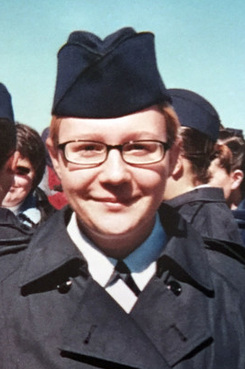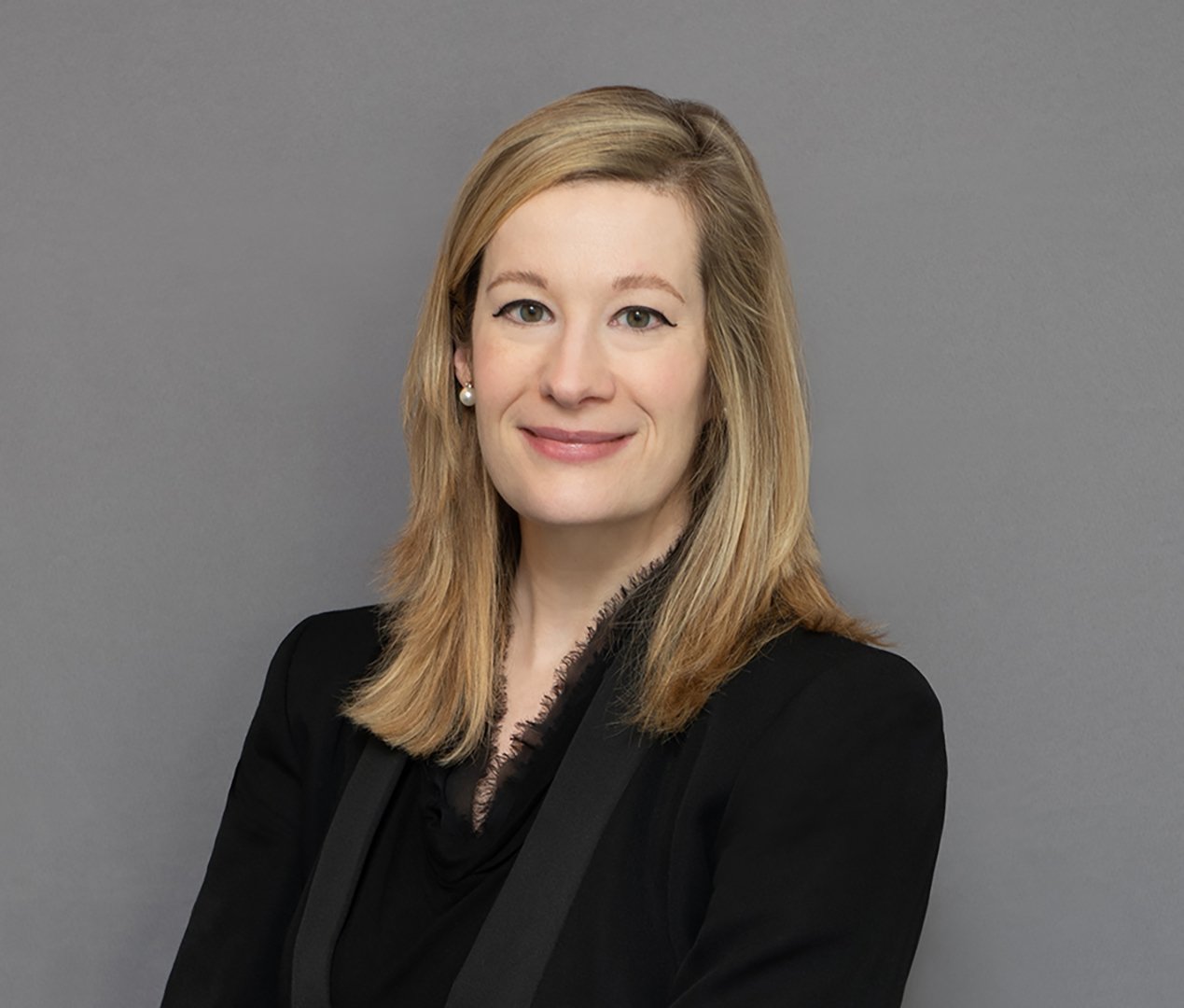Reality Winner's Lawyers Say FBI Interrogation Was Unconstitutional
Lawyers for the Air Force veteran accused of leaking a classified document are asking a judge to suppress comments she made to the FBI during a search of her home last year.
February 26, 2018 at 04:29 PM
5 minute read

Calling the FBI's interrogation of accused media leaker Reality Winner a violation of her constitutional rights, Winner's defense team is asking a federal judge to throw out the statement that led to her arrest.
On Tuesday, the team will square off with the lawyers from the Justice Department and the U.S. Attorney's Office in Augusta at a suppression hearing before Magistrate Judge Brian Epps. The hearing centers on whether Winner's lengthy interrogation by the FBI at her Augusta home on June 3, 2017, was voluntary or instead a “custodial interrogation” that required agents to advise Winner of her right to counsel and to remain silent.
Federal prosecutors have acknowledged that the FBI did not deliver a Miranda warning, but they have argued that Winner voluntarily talked as nearly a dozen agents swarmed her home.
Winner, 26, has been jailed without bond since she was arrested at the close of the June 3 interview. She is charged with espionage for allegedly leaking a single classified document to a news organization.
Winner was arrested shortly after The Intercept published a redacted version of the document, along with a story reporting that Russian hackers penetrated the nation's election infrastructure.
Federal prosecutors have argued that Winner—a U.S. Air Force veteran who worked for a National Security Agency contractor in Augusta—told the FBI she was the culprit.
Winner's lawyers are not conceding anything. They are expected to argue Tuesday that the circumstances of Winner's interview belies the FBI's contention that it was voluntary and that she could have ended it at any time.
Whether Winner should have been given a Miranda warning turns on whether she believed she was in custody or was free to go at any time.
Winner's lead counsel, Joe Whitley of Atlanta's Baker Donelson, declined to comment. But defense pleadings contend that multiple actions by the agents clearly signaled Winner was in custody. Among them:
- FBI agents informed Winner they had search warrants for her residence, her car and her person, suggesting she was not free to leave until she was frisked.
- Agents took Winner's car keys and cellphone as she arrived home from the grocery store.
- Winner was never advised that she was not in custody. When she asked if she was going to be arrested, agents hedged, according to defense lawyers and a transcript of the conversation, telling her they did not know.
- Winner was not searched until after her arrest—another indication that she was not free to leave.
- Agents remained at Winner's side as she put away groceries, including perishables that had been sitting in her car in the summer heat, when they began their inquiry.
- Agents also accompanied Winner as she leashed her dog and secured her cat.
- At one point, Winner also felt compelled to ask permission to go to the bathroom, asking agents, “How's that going to work?” according to a transcript of her interview.
- After asking if there was a place they could speak privately, agents directed Winner to a small, unfurnished room she said she didn't like.
- During the interview, two agents blocked the entrance and questioned her as Winner faced them with her back against the wall.
- At the end of the interrogation, she was arrested rather than released.
- Agents also made what the defense described as “accusatory statements … that the evidence against her was 'very, very, very compelling' and that she was 'the most likely candidate by far and away.'” They also told her she was “the prime suspect” in the possible mishandling of classified information.
A response from prosecutors was likely filed under a broad blanket of confidentiality issued by Epps last year.
But some of their arguments are summarized in defense pleadings. Prosecutors emphasized that the FBI not only advised Winner that answering their questions was voluntary but that Winner “did not believe she was in any type of custody” because she had made casual comments about using her phone and teaching yoga the following day. The defense dismissed the argument as “reading Ms. Winner's mind.”
Prosecutors also argued Winner never asked to end the interrogation or leave.
Winner's defense also accused prosecutors of making unsupported assertions about the circumstances surrounding the search. Prosecutors claimed agents' firearms were not visible, insisted that agents did not block Winner's path when they questioned her and contended the search warrant of her person was complete when she surrendered her phone.
The defense also said federal prosecutors “spent pages” focusing on the “calm conversational tones” and “gentle, non-accusatory language” agents allegedly used in interrogating Winner.
“Separate and apart from the fact that federal law enforcement is known to utilize this tactic in an effort to elicit incriminating responses, these 'soft' factors do not convert an otherwise custodial interrogation into one that does not require Miranda warnings, one defense pleading said.
This content has been archived. It is available through our partners, LexisNexis® and Bloomberg Law.
To view this content, please continue to their sites.
Not a Lexis Subscriber?
Subscribe Now
Not a Bloomberg Law Subscriber?
Subscribe Now
NOT FOR REPRINT
© 2025 ALM Global, LLC, All Rights Reserved. Request academic re-use from www.copyright.com. All other uses, submit a request to [email protected]. For more information visit Asset & Logo Licensing.
You Might Like
View All
Supreme Court Agrees to Hear Lawsuit Over FBI Raid at Wrong House

Trump Seeks Pause of Supreme Court Cases, Disavows DOJ Stance on Voting Rights Act

Censorship or Security Measure? TikTok Ban Pits Civil Liberties Groups Against US Officials

Trump Seeks to Have Georgia Election Case Dismissed, Cites Presidential Immunity
4 minute readTrending Stories
- 1Uber Files RICO Suit Against Plaintiff-Side Firms Alleging Fraudulent Injury Claims
- 2The Law Firm Disrupted: Scrutinizing the Elephant More Than the Mouse
- 3Inherent Diminished Value Damages Unavailable to 3rd-Party Claimants, Court Says
- 4Pa. Defense Firm Sued by Client Over Ex-Eagles Player's $43.5M Med Mal Win
- 5Losses Mount at Morris Manning, but Departing Ex-Chair Stays Bullish About His Old Firm's Future
Who Got The Work
J. Brugh Lower of Gibbons has entered an appearance for industrial equipment supplier Devco Corporation in a pending trademark infringement lawsuit. The suit, accusing the defendant of selling knock-off Graco products, was filed Dec. 18 in New Jersey District Court by Rivkin Radler on behalf of Graco Inc. and Graco Minnesota. The case, assigned to U.S. District Judge Zahid N. Quraishi, is 3:24-cv-11294, Graco Inc. et al v. Devco Corporation.
Who Got The Work
Rebecca Maller-Stein and Kent A. Yalowitz of Arnold & Porter Kaye Scholer have entered their appearances for Hanaco Venture Capital and its executives, Lior Prosor and David Frankel, in a pending securities lawsuit. The action, filed on Dec. 24 in New York Southern District Court by Zell, Aron & Co. on behalf of Goldeneye Advisors, accuses the defendants of negligently and fraudulently managing the plaintiff's $1 million investment. The case, assigned to U.S. District Judge Vernon S. Broderick, is 1:24-cv-09918, Goldeneye Advisors, LLC v. Hanaco Venture Capital, Ltd. et al.
Who Got The Work
Attorneys from A&O Shearman has stepped in as defense counsel for Toronto-Dominion Bank and other defendants in a pending securities class action. The suit, filed Dec. 11 in New York Southern District Court by Bleichmar Fonti & Auld, accuses the defendants of concealing the bank's 'pervasive' deficiencies in regards to its compliance with the Bank Secrecy Act and the quality of its anti-money laundering controls. The case, assigned to U.S. District Judge Arun Subramanian, is 1:24-cv-09445, Gonzalez v. The Toronto-Dominion Bank et al.
Who Got The Work
Crown Castle International, a Pennsylvania company providing shared communications infrastructure, has turned to Luke D. Wolf of Gordon Rees Scully Mansukhani to fend off a pending breach-of-contract lawsuit. The court action, filed Nov. 25 in Michigan Eastern District Court by Hooper Hathaway PC on behalf of The Town Residences LLC, accuses Crown Castle of failing to transfer approximately $30,000 in utility payments from T-Mobile in breach of a roof-top lease and assignment agreement. The case, assigned to U.S. District Judge Susan K. Declercq, is 2:24-cv-13131, The Town Residences LLC v. T-Mobile US, Inc. et al.
Who Got The Work
Wilfred P. Coronato and Daniel M. Schwartz of McCarter & English have stepped in as defense counsel to Electrolux Home Products Inc. in a pending product liability lawsuit. The court action, filed Nov. 26 in New York Eastern District Court by Poulos Lopiccolo PC and Nagel Rice LLP on behalf of David Stern, alleges that the defendant's refrigerators’ drawers and shelving repeatedly break and fall apart within months after purchase. The case, assigned to U.S. District Judge Joan M. Azrack, is 2:24-cv-08204, Stern v. Electrolux Home Products, Inc.
Featured Firms
Law Offices of Gary Martin Hays & Associates, P.C.
(470) 294-1674
Law Offices of Mark E. Salomone
(857) 444-6468
Smith & Hassler
(713) 739-1250






